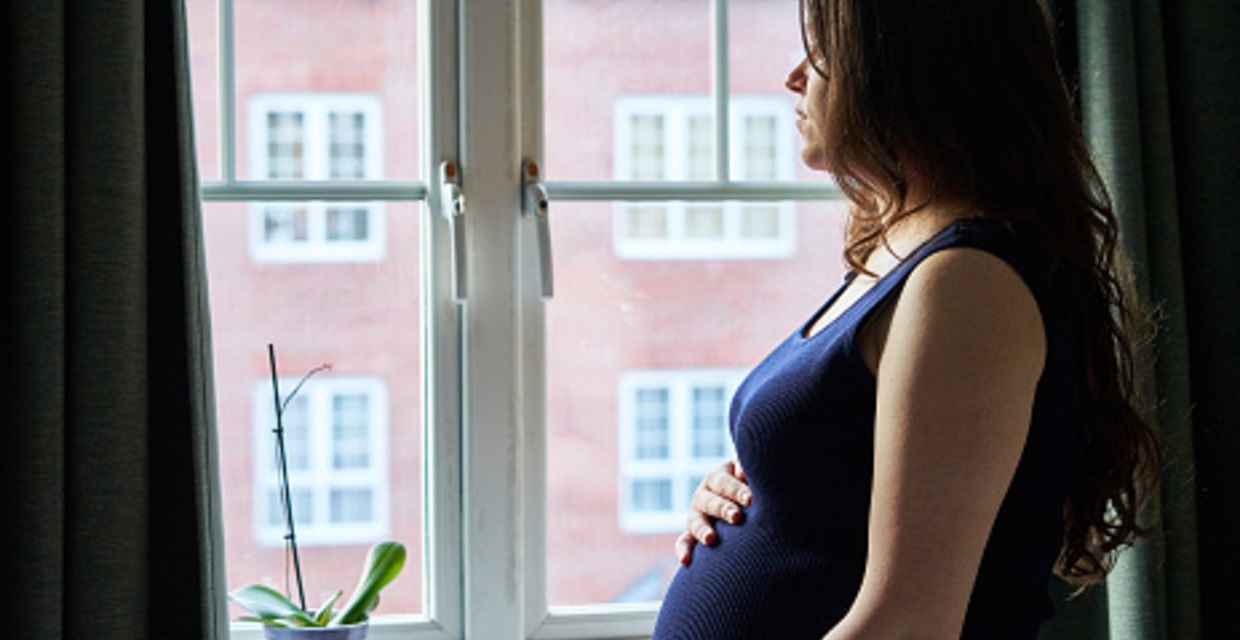
After a childhood of witnessing abuse, one expert says you can help your children grow up to avoid repeating those patterns
Not all of us have the fondest memories of childhood. Some of us grew up in homes where the tension was palpable, yelling was the norm and fear was constant. Being raised in a family where domestic violence is present can have lifelong ramifications in a child’s physical, emotional and social development. It is also the single best predictor of children growing up to fall victim to domestic abuse or act as a perpetrator themselves, according to a report from UNICEF.
Brian Martin knows this all too well. As a survivor of Childhood Domestic Violence (CDV), he formed the Childhood Domestic Violence Association as a way of raising awareness about the impact of witnessing violence as a child after he started noticing how CDV was impacting his life. While his book, Invincible: The 10 Lies You Learn Growing Up with Domestic Violence, and the Truths to Set You Free talks to the adult children who have lived through CDV, he acknowledges that the non-abusive, survivor parent also plays a part in helping stop the cycle. And, it’s never too early to start. Following, he lays the groundwork for breaking the cycle in three steps.
Step 1: Start the Conversation
“The first thing the parent needs to do is have an open conversation with their child,” says Martin. “Ask, ‘Did you ever hear mommy and daddy fight? Did you ever see dad hurt me?’” Let the child unload their memories. “Children need to be acknowledged that they hurt, too.”
If you think your child couldn’t possibly have known what was happening because the abuse occurred when they were asleep, they were too young to remember it or you were able to hide the bruises, think again. Studies show that 80 to 90 percent of children can give detailed descriptions of abuse that occurred within their home, even when parents responded they were sure children didn’t realize what was happening.
“I can’t tell you how many stories I hear from adults who tell me about violence that occurred in their house, and they end it with, ‘But then they got a divorce and I remember it because that was the year I went into kindergarten,’” says Martin. Even when the violence occurs at a very young age, Martin says adults age 40, 50 and on up still struggle with the after effects, in large part because it was never acknowledged. “No doubt these questions can be asked at any age,” he says.
Step 2: Reassure Them
“Make sure your children understand that, of course, this didn’t happen because of them. It wasn’t their fault and it wasn’t their job to stop it,” says Martin. Children who grow up with CDV can experience feelings of guilt, resentment, anger and hopelessness. They may feel alone, unloved and lack confidence.
“One of the best things a parent can do is to focus on these emotions without even needing to go back into the details of the violence,” explains Martin. In other words, if all of a sudden you see your child’s self-esteem and confidence plummet, you’ll know this could be triggered by fear from what they experienced, or a feeling of powerlessness for not being able to stop it. Martin suggests referencing back to positive emotions: “You’re accomplished because of what you overcame. You have confidence because of what you experienced. You’re past the violence—that means you can overcome anything.”
Martin says it’s also powerful to define what kids are going through. If they’re old enough to understand what domestic violence is, you can also tell them what CDV is, which can help them better understand that what they’re going through is shared by others and there is support. “By giving them those words, you’ve given them a great gift,” Martin says.
Step 3: Dispel the Lies
Martin is big on teaching kids—and adults—how to unlearn lies that CDV may have ingrained in their brains growing up. Such lies, like, “I am fearful. Bad things are going to happen to me,” are destined to prevent kids from reaching their full potential, or keeping them from repeating the cycle. It’s also important to instill that just because a child grows up in a home where abuse occurs does not guarantee that they will become a victim of abuse, or an abuser themselves.
“One of our [CDV’s] leading researchers says the brain’s job is to find evidence of what it believes is true, whether it’s true or not. If you believe you’re a sad person, an angry person, unattractive, unloved, unworthy—the brain finds evidence to make this true,” says Martin.
Dispelling those lies in your children early on will help them grow up looking at themselves differently, Martin believes. For instance, instead of thinking bad things will definitely keep happening to them, help them to believe that because of what they went through, they have courage and resilience to get through the bad parts of life.


 Ελληνικα
Ελληνικα





